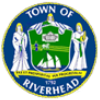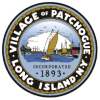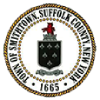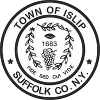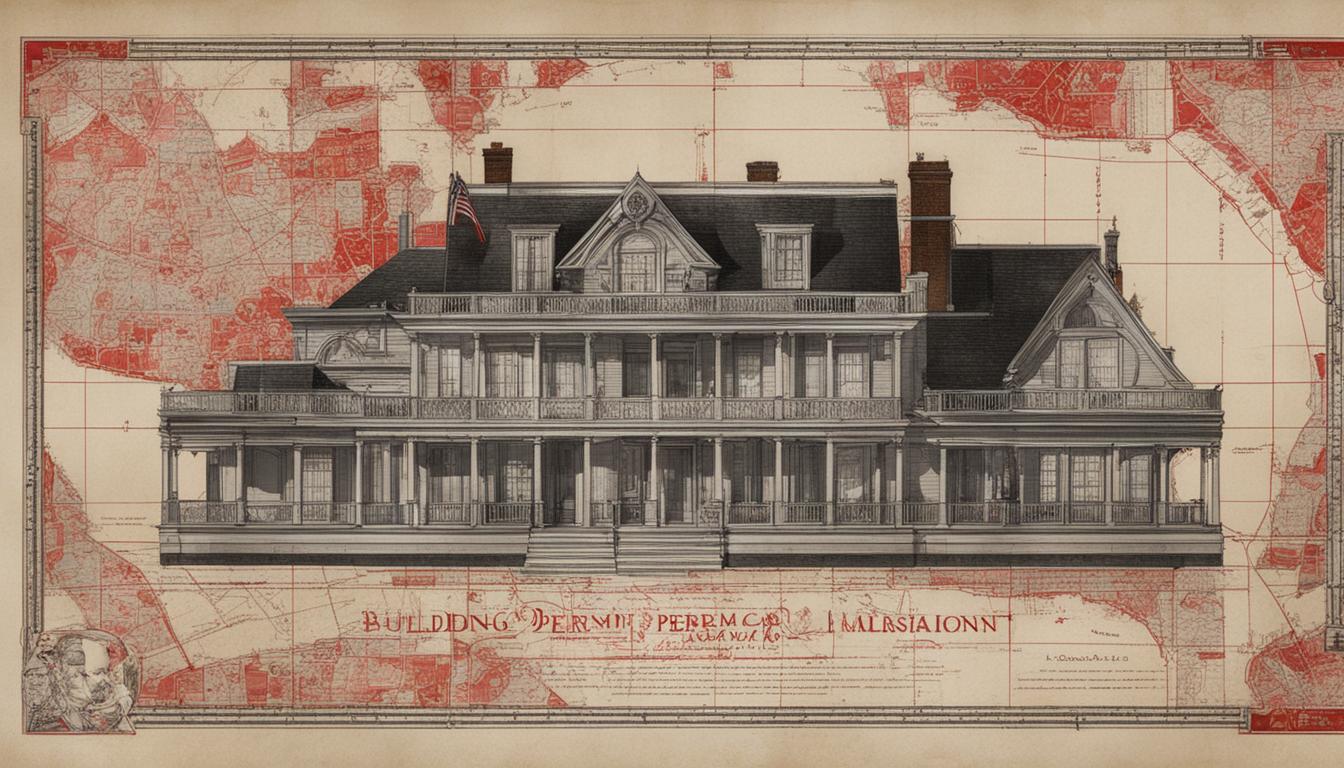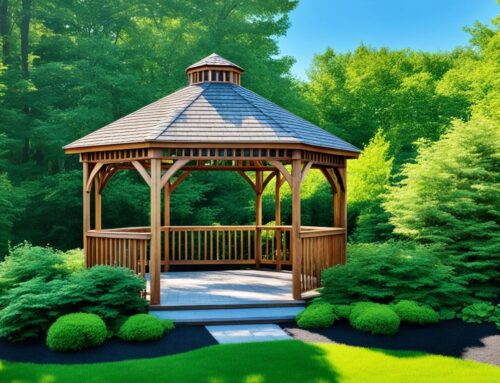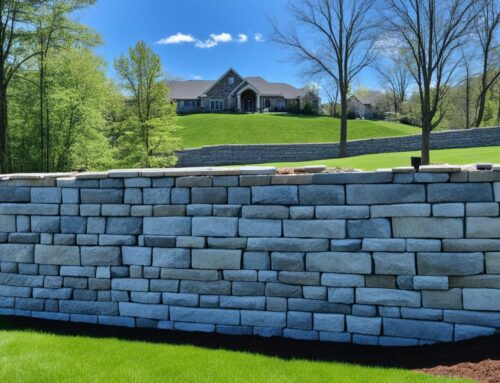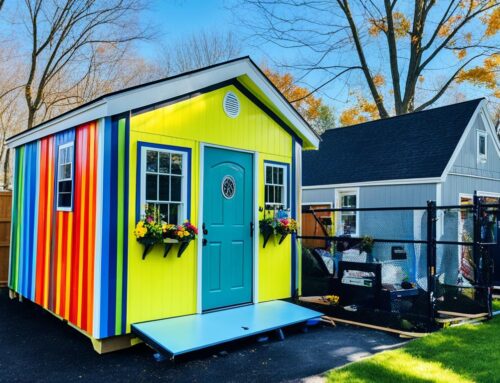Flower Hill residents and homeowners, whether new or long-time residents, need to consult the Building Department before starting any home alterations or construction projects. The N.Y.S. Uniform Fire Prevention and Building Code applies in all jurisdictions throughout the state, including Flower Hill. Building permits are required for any alterations that affect the structural elements of a home. Permits ensure that construction meets safety standards, and inspections are conducted to ensure compliance with approved plans and codes.
Key Takeaways:
- Obtaining building permits is crucial for any home alteration or construction project in Flower Hill.
- The N.Y.S. Uniform Fire Prevention and Building Code applies in Flower Hill, requiring compliance with safety standards.
- Inspections are conducted to ensure that construction projects adhere to approved plans and codes.
- Consulting the Building Department is necessary to determine the specific permits and variances required for a project.
- Fast and reliable service for building permits and variances on Long Island is available at TracisPermits.com.
Why Building Permits are Necessary
Building permits are a crucial aspect of construction projects in Flower Hill. They ensure that the work meets safety standards and complies with building codes. Obtaining a building permit is necessary for various types of construction, including new builds, additions, alterations, and repairs.
When you apply for a building permit, you provide detailed information about the project, such as the type of work, materials, and construction methods. This helps the Building Department assess the project’s compliance with regulations and ensure that the construction meets the required standards.
Building permits also play an important role in protecting homeowners. The permit process includes inspections at different stages of construction to ensure that the work is being done correctly. These inspections help identify any potential hazards and ensure that the project is safe for occupancy.
Benefits of Building Permits
- Ensures compliance with building codes and regulations
- Verifies that the construction meets safety standards
- Provides protection for homeowners
- Allows for proper inspections during construction
By obtaining a building permit, homeowners can have peace of mind knowing that their construction project is being carried out safely and in accordance with the necessary regulations.
| Reasons to Obtain a Building Permit | Reasons to Avoid Skipping a Building Permit |
|---|---|
| Compliance: Building permits ensure compliance with building codes and regulations, protecting homeowners and the general public. | Legal Consequences: Skipping a building permit can result in fines, penalties, and legal issues. |
| Safety: Building permits require inspections to ensure that construction is done safely and up to code. | Unsafe Conditions: Without proper inspections, the construction may have hidden safety hazards that could endanger occupants. |
| Resale Value: Having a building permit for renovations or additions can increase the resale value of a property. | Problems with Insurance: Insurance companies may deny coverage for work done without proper permits. |
| Insurance Coverage: Building permits may be required to ensure that insurance policies cover any damages or issues related to the construction project. | Quality Assurance: Skipping a building permit can result in poor construction quality and subpar workmanship. |
Skipping a building permit may seem like a way to save time and money, but the consequences can be significant. It’s essential to prioritize the safety and compliance of your construction project by obtaining the necessary permits. Contact the Flower Hill Building Department to learn more about the process and requirements for building permits.
Types of Permits in Flower Hill
In Flower Hill, the Building Department issues three types of permits: Building, Plumbing, and Miscellaneous permits. Each type of permit caters to specific construction and renovation projects, ensuring compliance with applicable codes and regulations.
1. Building Permit
A Building Permit is required for larger-scale structural projects, such as building a new house or adding square footage to an existing home. This permit ensures that the construction plans and methods meet the safety standards set by the New York State building code and Village zoning codes.
2. Plumbing Permit
For any plumbing or gas projects, a Plumbing Permit is necessary. This permit ensures that the plumbing work is carried out by qualified professionals and meets the necessary regulations to safeguard the health and well-being of the residents.
3. Miscellaneous Permit
The Miscellaneous Permit covers a range of scenarios, including repair work, fence installation, tree removal, and dumpsters. Depending on the nature of the project, there may be specific fees and requirements associated with these permits. It is important to consult the Flower Hill Building Department for guidance on the specific permits required for each project.
| Permit Type | Examples |
|---|---|
| Building Permit | New house construction, home additions |
| Plumbing Permit | Plumbing and gas installations |
| Miscellaneous Permit | Repair work, fence installation, tree removal, dumpsters |
By obtaining the necessary permits, Flower Hill residents can ensure that their construction projects are conducted in accordance with the regulations, promoting safety, quality, and compliance with the codes that govern construction in the area.
Architectural Review Committee
The Architectural Review Committee (ARC) plays a critical role in ensuring that building permit applications in Flower Hill align with the village’s architectural integrity and neighborhood aesthetics. Comprised of the Building Superintendent, a member of the Board of Trustees, and two licensed architects who are volunteer residents, the ARC reviews proposed projects to determine their appropriateness and adherence to village guidelines.
When a building permit application is received by the Flower Hill Building Department, the Building Superintendent evaluates whether it requires review by the ARC. This committee evaluates the aesthetics of the proposed project, ensuring it blends harmoniously with the existing character of the village. By considering factors such as architectural style, materials, and landscaping, the ARC helps maintain the overall visual appeal of Flower Hill while allowing homeowners to realize their construction goals.
The Building Superintendent and the ARC advise the Board of Trustees on each project, providing valuable insights and recommendations. They ensure that all building permit approvals align with the village’s architectural standards, preserving the unique character of Flower Hill and enhancing the quality of life for its residents.
| Committee Member | Role |
|---|---|
| Building Superintendent | Chairperson and main point of contact for permit applications |
| Board of Trustees Member | Representative of the local governing body |
| Licensed Architect (Resident) | Provides professional expertise in architectural design and aesthetics |
| Licensed Architect (Resident) | Provides additional professional expertise and perspectives on design |
The Architectural Review Committee is dedicated to ensuring that building permit applications meet the highest standards of design and construction, contributing to the overall visual appeal and neighborhood aesthetics of Flower Hill.
Zoning Regulations in Flower Hill
Flower Hill, like many other municipalities, has specific zoning regulations in place to maintain the integrity and character of the community. These regulations dictate how properties can be used, what types of structures can be built, and where they can be located within the village. Understanding these regulations is essential for homeowners and builders alike to ensure compliance with the law and avoid costly penalties.
Types of Zoning Districts
Flower Hill is divided into several zoning districts, each with its own set of regulations. These districts include residential, commercial, and industrial zones, among others. Each district has different restrictions and requirements to ensure that the use and development of properties within the district are appropriate and in line with the overall goals of the village.
Common zoning districts in Flower Hill include:
- Residential Districts: These are typically designated for single-family homes or multi-family dwellings.
- Commercial Districts: These areas are reserved for commercial businesses, such as retail stores, restaurants, and offices.
- Industrial Districts: These zones are designated for industrial and manufacturing facilities.
Building Restrictions
Within each zoning district, there are specific regulations regarding building size, setbacks, lot coverage, and other factors that ensure the overall cohesiveness and aesthetics of the neighborhood. These restrictions help maintain the quality of life for residents and ensure that new construction or renovations are in harmony with the surrounding properties.
For example, setback requirements dictate the minimum distance between a building and the property line to ensure adequate space between structures. Lot coverage regulations limit the amount of land a building can occupy on a lot, preventing overcrowding and maintaining open space. In addition, maximum building height and size restrictions help preserve the visual character of the community.
It is important for homeowners and contractors to carefully review these regulations before undertaking any construction projects to ensure they comply with the specific requirements of the zoning district.
| Zoning District | Main Use | Building Height Limit | Setback Requirements | Lot Coverage Limit |
|---|---|---|---|---|
| Residential District | Single-family homes | 35 feet | Varies by district | Varies by district |
| Commercial District | Retail stores, offices | 40 feet | Varies by district | 50% |
| Industrial District | Manufacturing facilities | Varies by district | Varies by district | Varies by district |
These are just general examples of zoning regulations, and it is important to consult the specific requirements of the zoning district in question for accurate information.
By adhering to Flower Hill’s zoning regulations, residents and builders can help maintain the character and livability of the community. These regulations protect property values and ensure a harmonious balance between different land uses. It is always advisable to consult with the Flower Hill Building Department to clarify any questions and ensure compliance with the zoning regulations.
General Regulations in Flower Hill
When undertaking any construction project, it is important to be aware of the general regulations set forth by the Flower Hill Building Department. These regulations ensure that construction work in Flower Hill adheres to the village’s standards and maintains the overall aesthetic appeal of the community.
One of the key requirements is obtaining a building permit for most construction work. This includes new construction, additions, alterations, and repairs. The permit application process must be followed, providing the necessary information about the project, including plans, materials, and construction methods.
Additionally, Flower Hill has specific regulations regarding curb cuts. In general, only two curb cuts are permitted, unless the street frontage exceeds 150 feet. This limitation helps preserve the flow and appearance of the streetscape.
Yard maintenance is another important aspect covered by the general regulations. Homeowners are responsible for maintaining the height of grass, keeping shrub growth in check, and ensuring the removal of solid waste, litter, and construction debris. These regulations help keep Flower Hill a beautiful and well-maintained community.
| Regulation | Description |
|---|---|
| Building Permits | A permit is required for most construction work. The application process must be followed. |
| Curb Cuts | Only two curb cuts are allowed, unless the street frontage exceeds 150 feet. |
| Yard Maintenance | Homeowners are responsible for maintaining the height of grass, shrub growth, and removing waste. |
Conclusion
The Flower Hill Building Department is an essential resource for residents and homeowners in Flower Hill. By obtaining the necessary building permits, variances, radius maps, and certificates of occupancy, individuals can ensure that their construction projects are compliant with the New York State building code and Village zoning codes.
Compliance with codes and regulations is crucial for maintaining the safety and longevity of construction projects. The Flower Hill Building Department plays a vital role in ensuring that construction work meets the required standards and adheres to the approved plans. This helps to preserve the architectural integrity of the village and protect the interests of homeowners.
If you are planning a construction project in Flower Hill, it is important to consult the Flower Hill Building Department for guidance and assistance. They can provide valuable information on the application process, permit requirements, and any specific regulations that apply to your project. Contact the department at 631-492-0927 or visit TracisPermits.com for fast and efficient service in obtaining your building permits, variances, maps, and certificates of occupancy on Long Island.
FAQ
Do I need a building permit for any construction work in Flower Hill?
Yes, building permits are necessary for most construction work in Flower Hill, including new construction, additions, alterations, and repairs. Permits ensure that the construction meets safety standards and comply with approved plans and codes.
What types of permits are issued by the Flower Hill Building Department?
The Flower Hill Building Department issues three types of permits: Building, Plumbing, and Miscellaneous permits. Building permits are required for larger-scale structural projects, plumbing permits for plumbing or gas projects, and miscellaneous permits cover a range of scenarios such as repair work, fence installation, tree removal, and dumpsters.
How does the Architectural Review Committee in Flower Hill work?
The Architectural Review Committee in Flower Hill consists of the Building Superintendent, a member of the Board of Trustees, and two licensed architects who are volunteer residents. When a building permit application is received, the Building Superintendent determines whether it requires review by the Architectural Review Committee. The committee advises the Board of Trustees on the aesthetics and appropriateness of proposed projects to ensure they align with the village’s character and meet homeowners’ needs.
What are the zoning regulations in Flower Hill?
Flower Hill is divided into various zoning districts, each with its own regulations. The Zoning Map identifies the boundaries and designations of the districts. No building or structure should be erected, altered, or maintained in violation of the district’s regulations. There are restrictions on building lot sizes, lot division, setback requirements, maximum lot coverage, and floor area ratio regulations to maintain the character of the neighborhood.
Are there any general regulations I should know about in Flower Hill?
Yes, Flower Hill has general regulations that apply to all construction and property maintenance. A building permit is required for most construction work, and there are limitations on curb cuts. Yard maintenance requirements include maintaining grass height, shrub growth, and proper removal of waste and debris. Other regulations cover the placement of air-conditioning equipment, septic system waivers, and the location of utility meters.
How can I contact the Flower Hill Building Department for more information?
For more information and guidance on building permits and variances, you can contact the Flower Hill Building Department directly.



